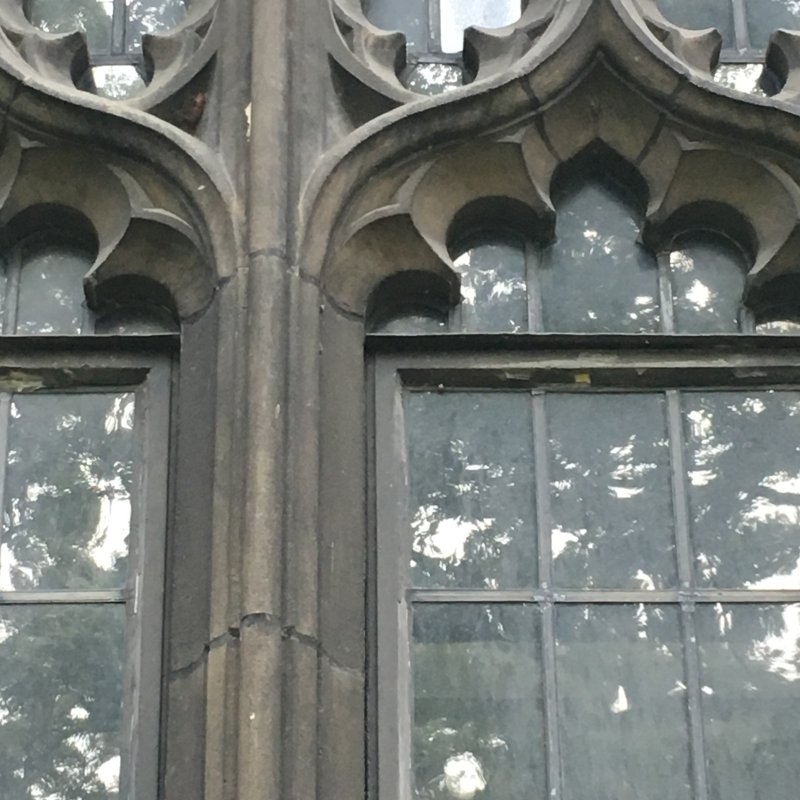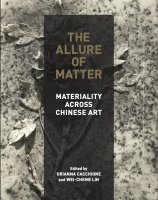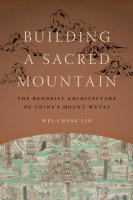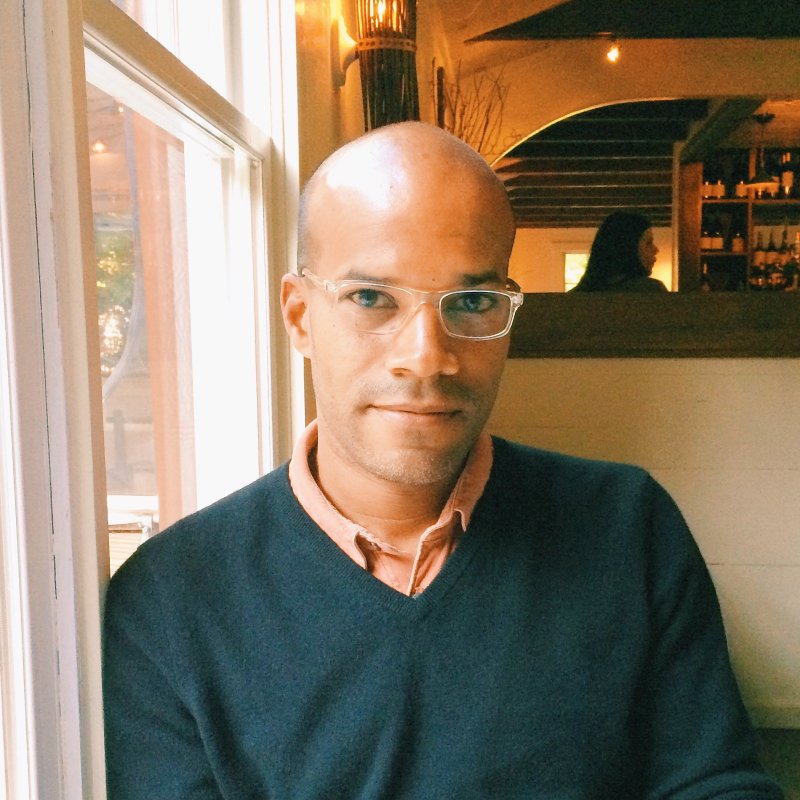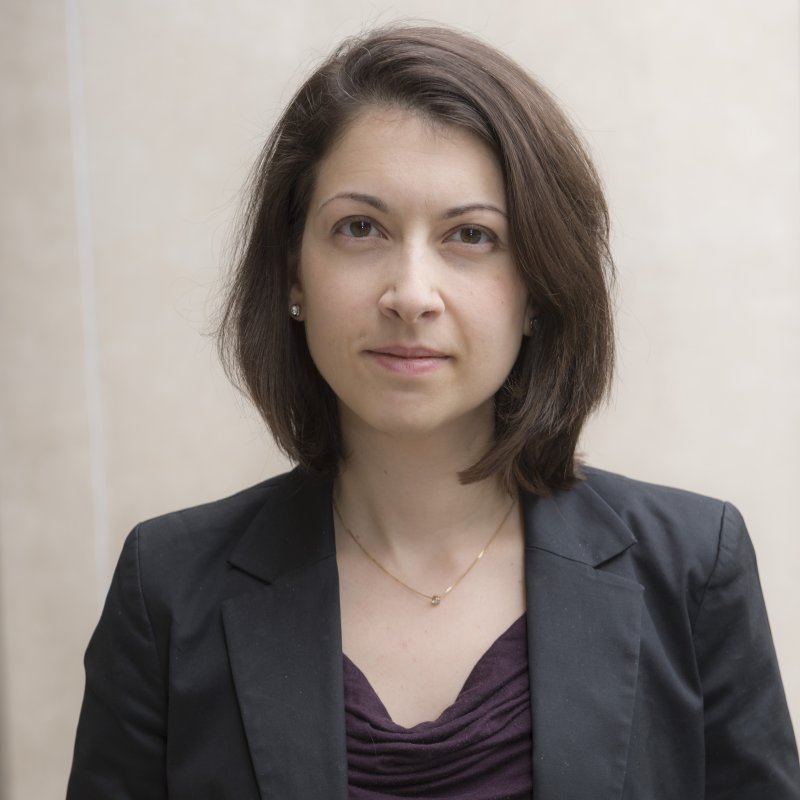Biography
Wei-Cheng Lin specializes in the history of Chinese art and architecture with a focus on medieval periods. His primary research interests concern issues of visual and material culture in Buddhist art and architecture and China’s funerary practice through history. He is the author of Building a Sacred Mountain: The Buddhist Architecture of China’s Mount Wutai (University of Washington Press, 2014). He has additionally published on a variety of topics, including collecting history, photography and architecture, the historiography of Chinese architectural history, and contemporary Chinese art.
Lin is currently working on two book projects: Performative Architecture of China explores architecture’s performative potential through history and the meanings enacted through such architectural performance. Necessarily Incomplete: Fragments of Chinese Artifacts investigates fragments of Chinese artifacts, as well as the cultural practices they solicited and engaged, to locate their agentic power in generating the multivalent significance of those artifacts, otherwise undetectable or overlooked.
Lin is on the steering committee of the Center for the Art of East Asia and has worked closely with the UChicago Center in Beijing for art exhibitions, conferences, and publications. Lin is the Faculty Director for the Dispersed Chinese Art Digitalization Project (DCADP), a digital humanities initiative supported by the Cyrus Tang Foundation. In addition to the digital projects, Lin also manages the DCADP publication series, including Beijing Zhihua Temple (forthcoming 2024) and Exhibiting East Asian Art in a Global Context (co-edited with Chelsea Foxwell, forthcoming 2025).

